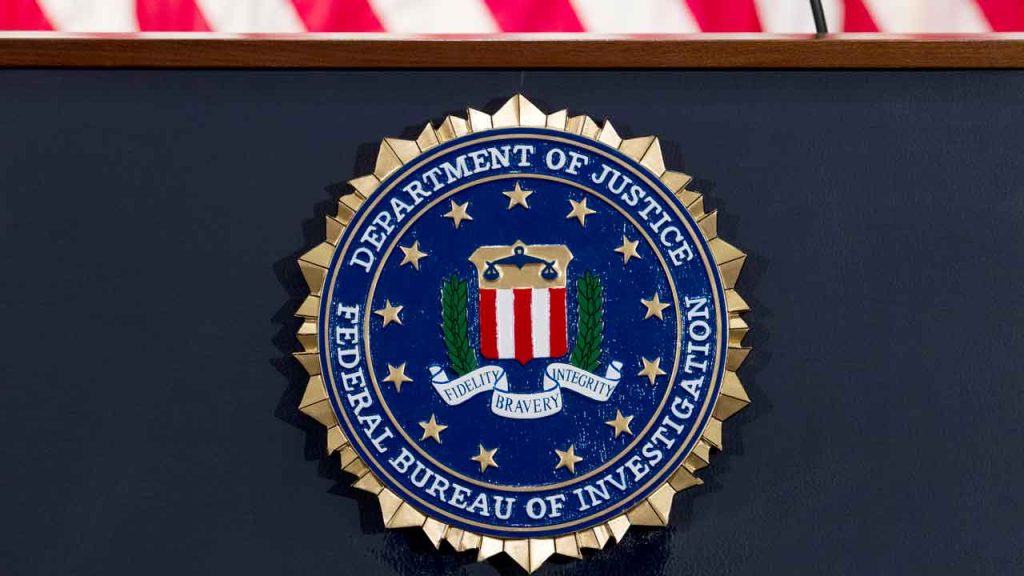An independent group of law enforcement officials and analysts have released a report claiming that violent crime rates in major U.S. cities are much higher than what is reported by the Federal Bureau of Investigation. The report, titled “Assessing America’s Crime Crises: Trends, Causes, and Consequences,” identified four potential causes for the increase in crime: de-policing, de-carceration, de-prosecution, and politicization of the criminal justice system. The lead authors of the report include former assistant FBI director Mark Morgan and attorney Sean Kennedy. The report reveals that while preliminary 2023 FBI data shows a decline in many offenses, violent and serious crime remains heightened compared to 2019 data.
The report coincides with a March 2024 Gallup poll that found nearly 80% of Americans are worried about crime and violence. This concern ranks ahead of other issues and is on par with inflation. The researchers claim that violent crime has been substantially elevated in major cities compared to pre-2020 levels, based on aggregated data sets from over 70 of the largest police departments. They also found that there is significant under-reporting of certain crimes, which means the FBI’s official data does not completely capture the full extent of crime in the U.S. The group’s research highlights the need for clearer and more accurate reporting of crime statistics.
The researchers also noted that since the 2020 George Floyd riots, many police departments have redefined classifications for certain crimes, leading to changes in how crimes are recorded. Business owners and individuals who are victims of violent crimes have shown reluctance to report incidents to the police due to concerns about response times and lack of follow-up from law enforcement and prosecutors. The Loss Prevention Research Council conducted a survey of retailers and found that these concerns are prevalent among business owners, further contributing to under-reporting of crime. The lack of accurate reporting poses challenges in assessing the true levels of crime in the country.
The report highlights discrepancies in crime reporting, with some big cities failing to submit crime data to the FBI. This lack of data affects the accuracy of national crime statistics, as the FBI uses “inferred” statistics to fill in gaps in data from participating police departments. In recent years, the percentage of police departments reporting crime data to the FBI has declined, raising concerns about the reliability of official crime statistics. The report also notes instances of under-reporting and misclassification of crimes by law enforcement agencies, which further complicates efforts to assess the true crime levels.
The researchers place the blame for the high crime rates on soft-on-crime initiatives, which they argue have contributed to the rise in criminal activity. In response to these trends, some states, including California and New York, have started introducing bills to restore stricter penalties for certain violent crimes. The report emphasizes the need to address the underlying causes of crime and ensure that law enforcement agencies are accurately reporting crime data to provide an accurate picture of the crime situation in the U.S. Addressing concerns about response times, follow-up investigations, and prosecution of criminals can help improve public safety and restore confidence in the criminal justice system.
Overall, the report by the Coalition for Law Order and Safety sheds light on the challenges in assessing and reporting crime levels in the U.S. The findings suggest that crime rates, particularly violent crimes, may be higher than what official statistics indicate. Concerns about under-reporting, misclassification of crimes, and lack of participation in crime reporting programs raise questions about the accuracy of national crime statistics and the effectiveness of current crime-fighting strategies. Addressing these issues, as well as implementing policies to improve public safety, can help communities address the rise in crime and restore trust in the criminal justice system.


